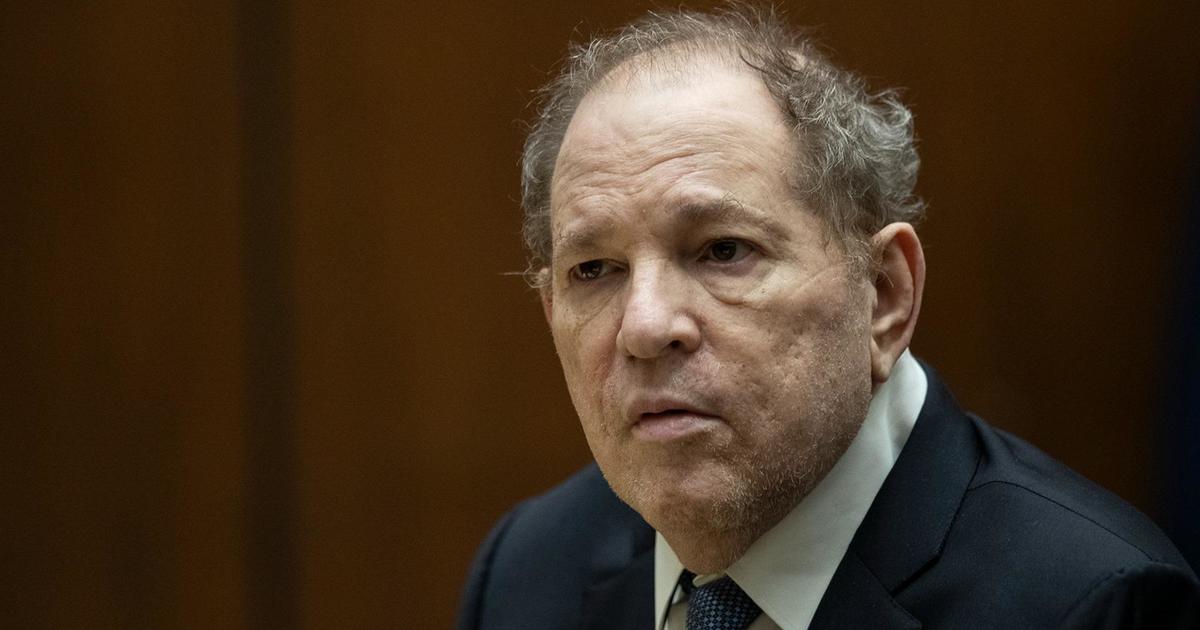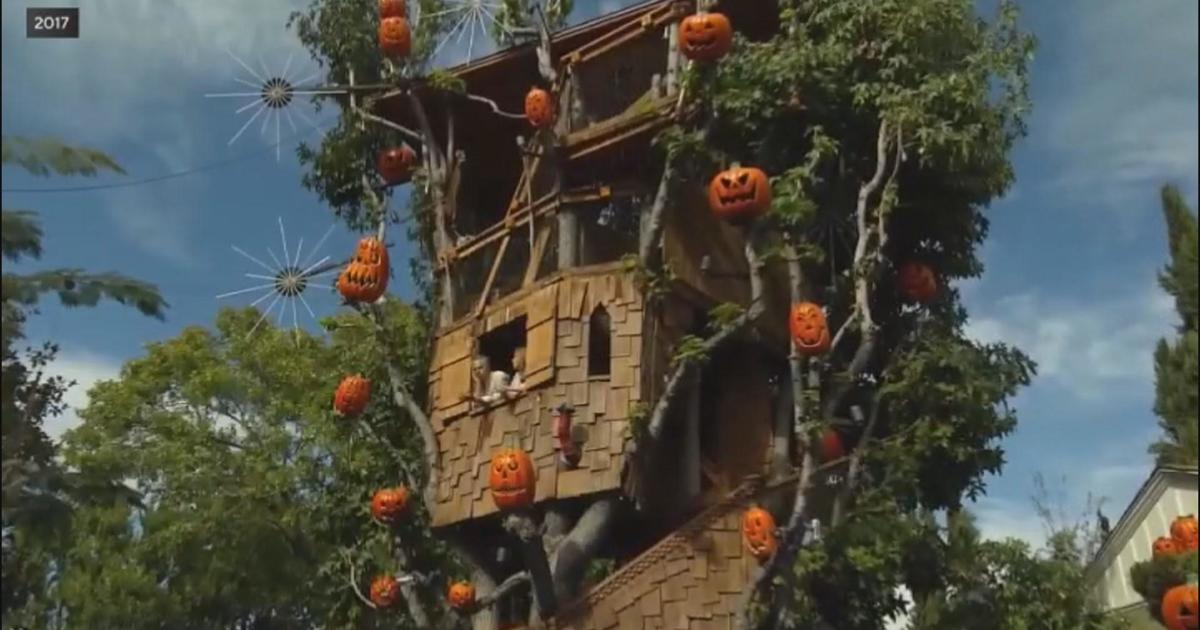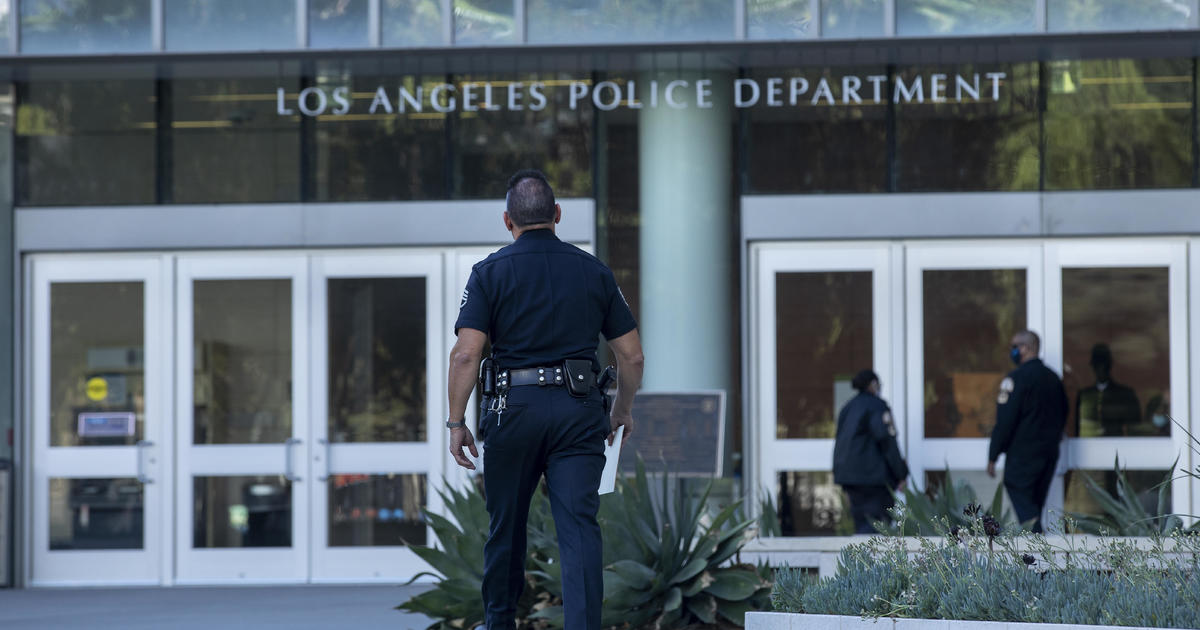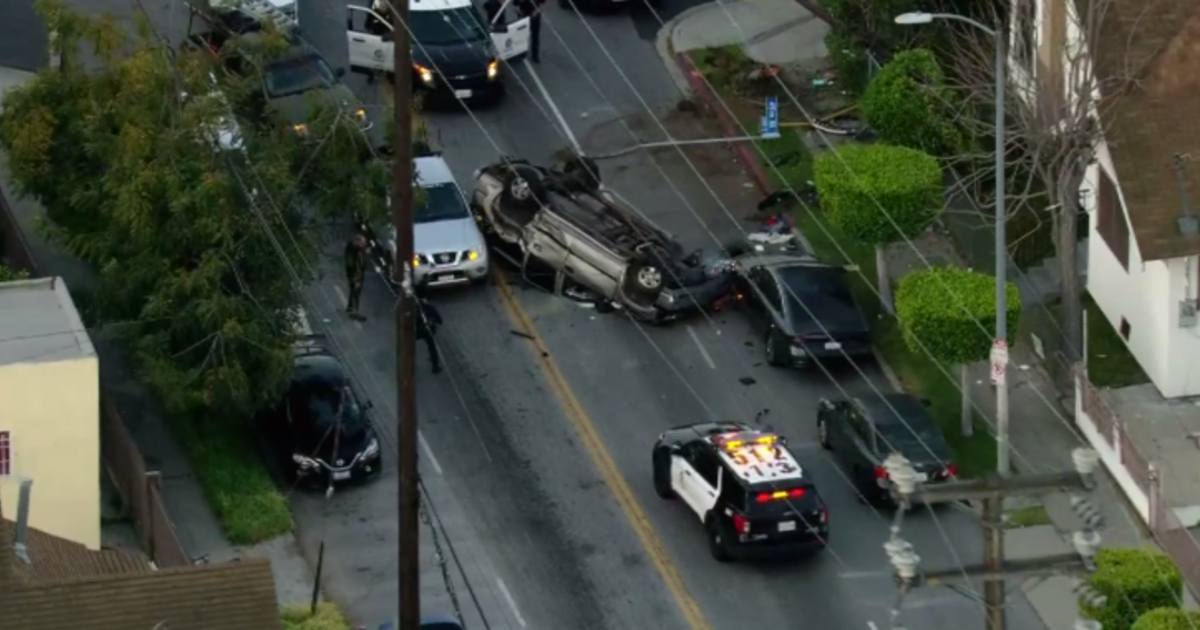Researchers Use New Tools To Measure Impact Of Underwater Noise From Smaller Vessels On Whales In San Francisco Bay
LOS ANGELES (CBSLA) - Researchers are using cutting edge software to figure out how boats could be harming whales that enter the San Francisco Bay to forage for food, rest or to mate.
We know a lot about large tankers and cargo ships because they have locator beacons that broadcast their position. But Samantha Cope, a researcher at the Palo Alto-based Anthropocene Institute, wanted to know about smaller vessels, such as high-speed commuter ferries, fishing and other recreational boats.
To track smaller vessels, Cope and her team built a machine dubbed the "Protected Seas Marine Monitor," or M2, an autonomous, solar-powered radar, camera and software package that uses machine learning to track, verify and identify passing ships. Data from the M2 was matched up to the corresponding underwater sound recordings of passing boats and ships.
"Using calculations, extrapolation and modeling, we can then figure out how loud the vessel was and then project that over the entire area," Cope tells KPIX 5.
They spent 11 days in February 2018 tracking and recording about 1,000 vessels in the waters south of the Richmond-San Rafael Bridge between Tiburon and Richmond, using underwater microphones to record the sound of passing boats.
The findings, published in The Journal of the Acoustical Society of America, said there is "growing evidence" that smaller vessels "contribute significant noise to urbanized coastal areas."
"They did travel over a larger area and so that sound, even though they're a little bit quieter than the large vessels, they spread out all over. The significance is that they might be more of an impact on these animals," Cope explains.
The study concluded that further research "will help determine when and where mitigation of noise and impacts from vessels is necessary and if speed or other restrictions could be beneficial."
"They've chosen to come into the bay as a stop. It's our responsibility to make sure that we're not hurting them or getting in their way when they chose to be here because we share the water with them, too," Cope says.



